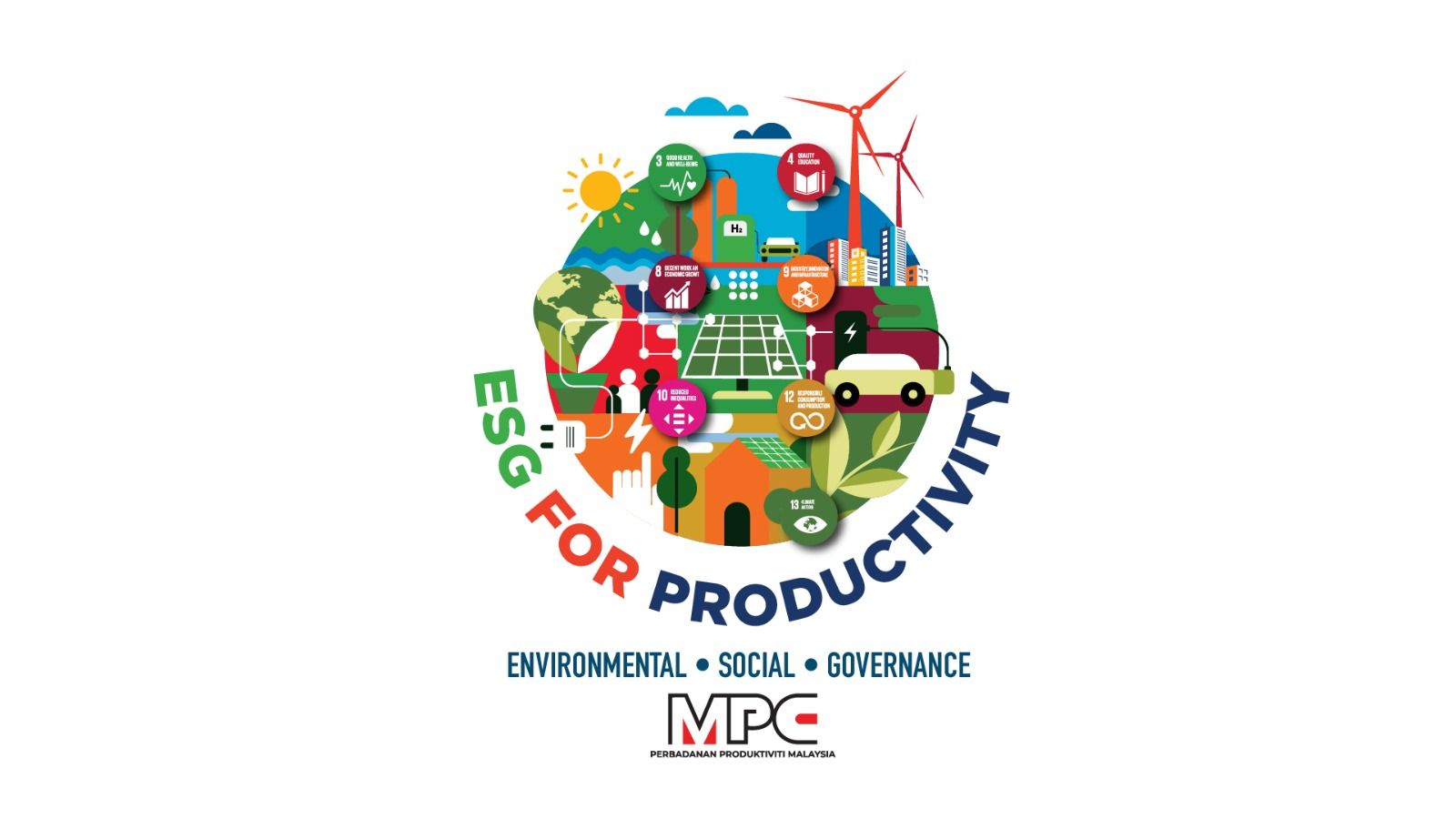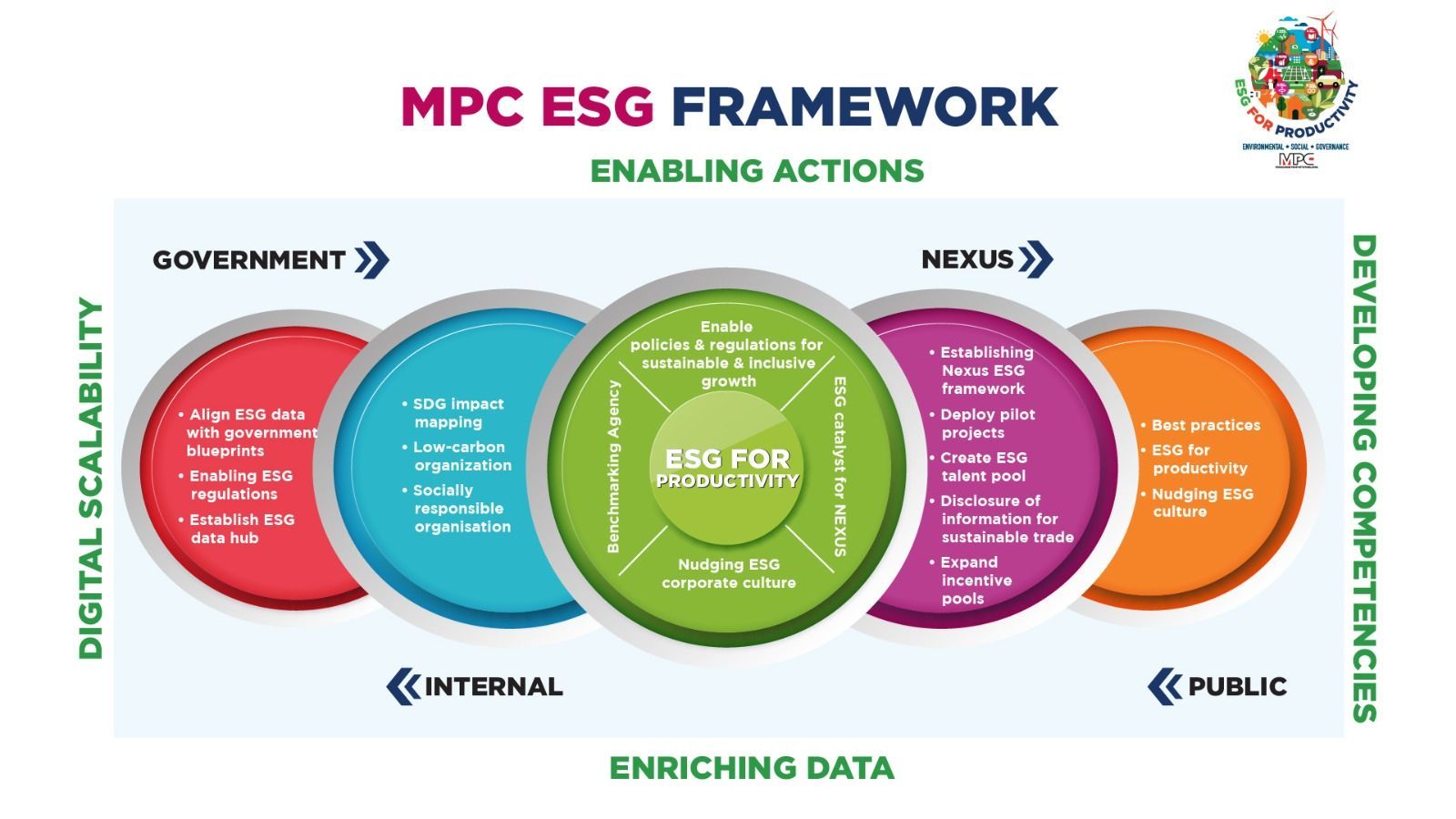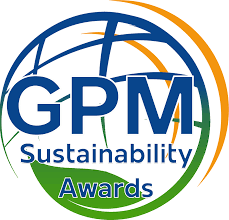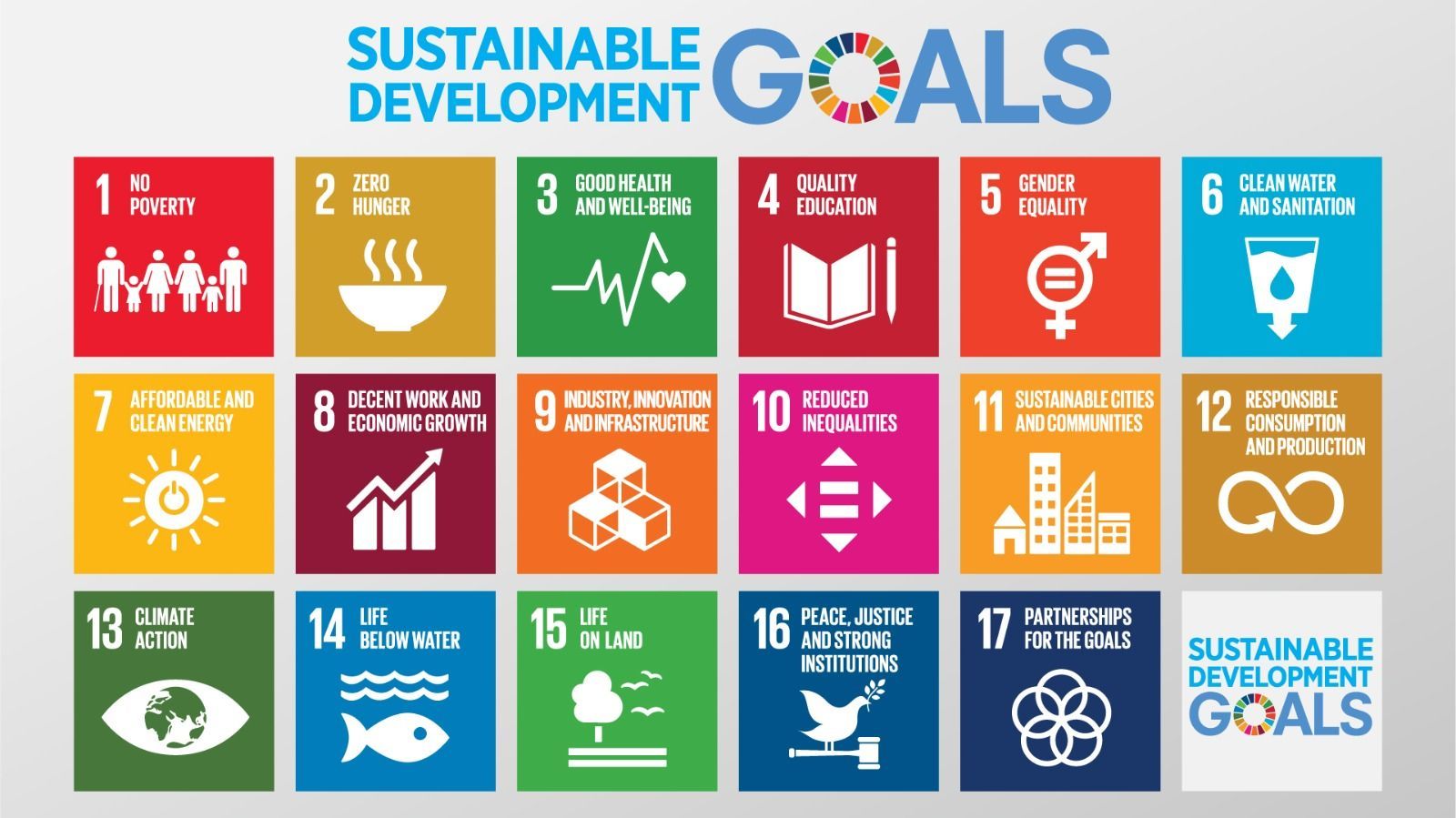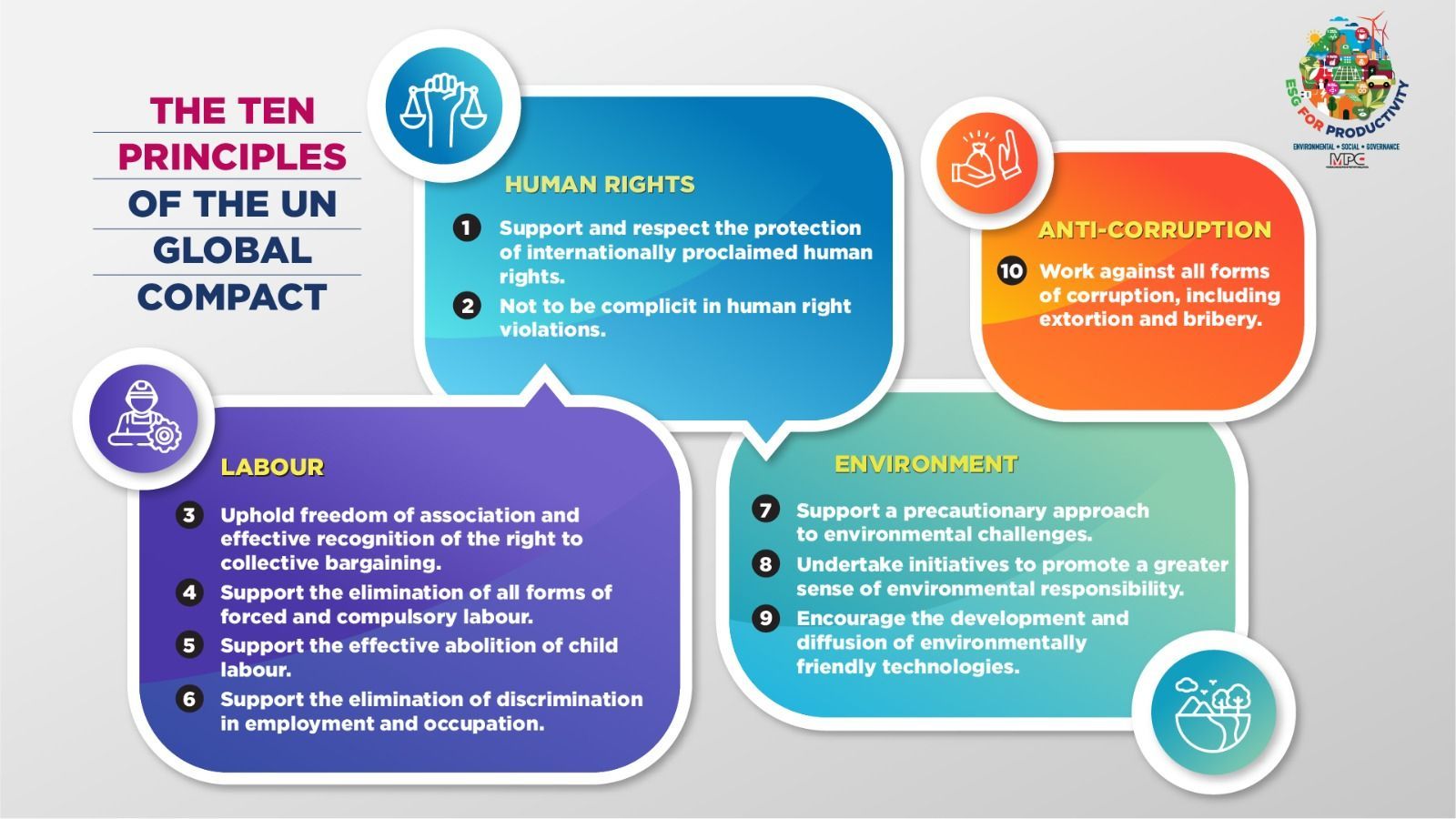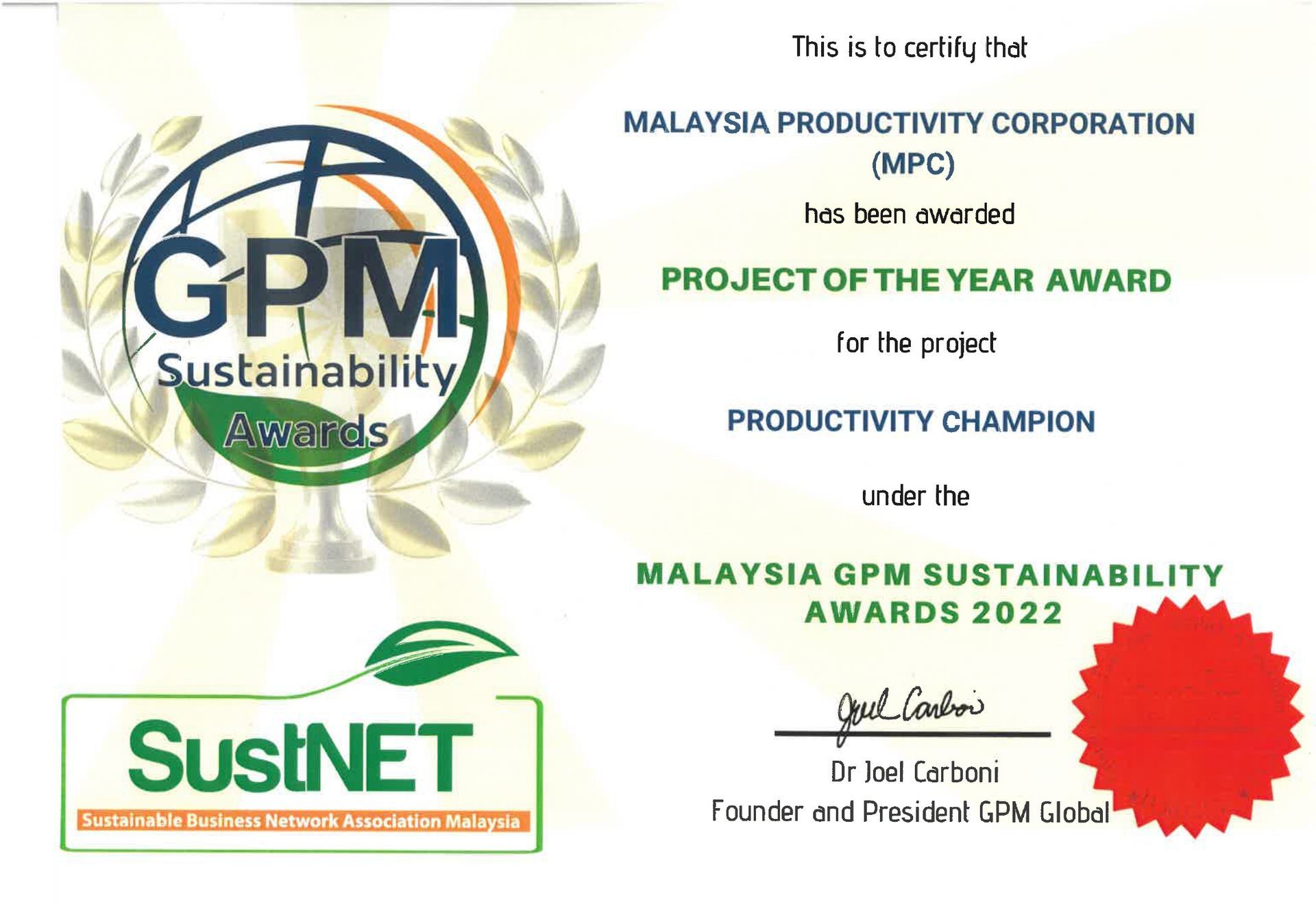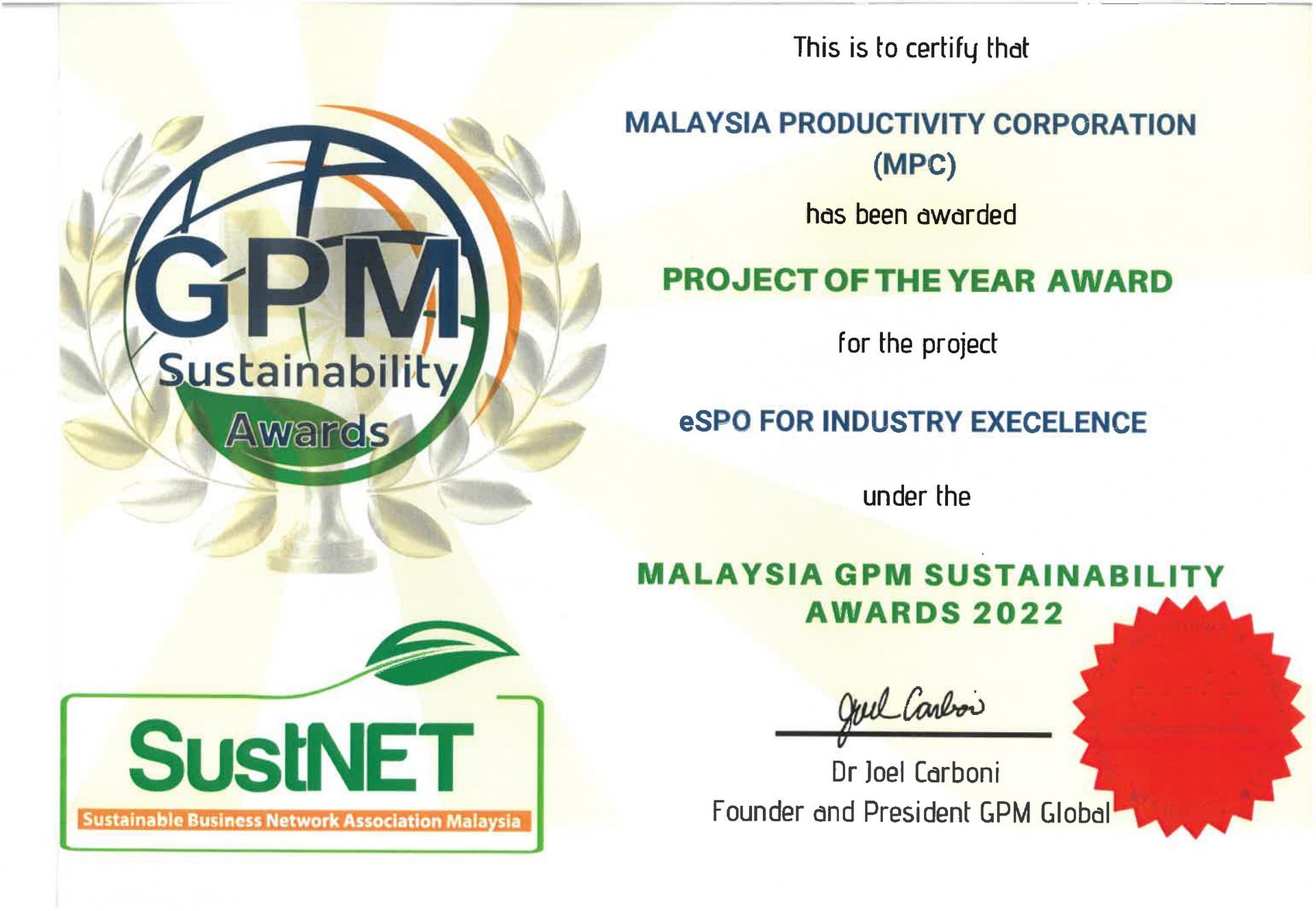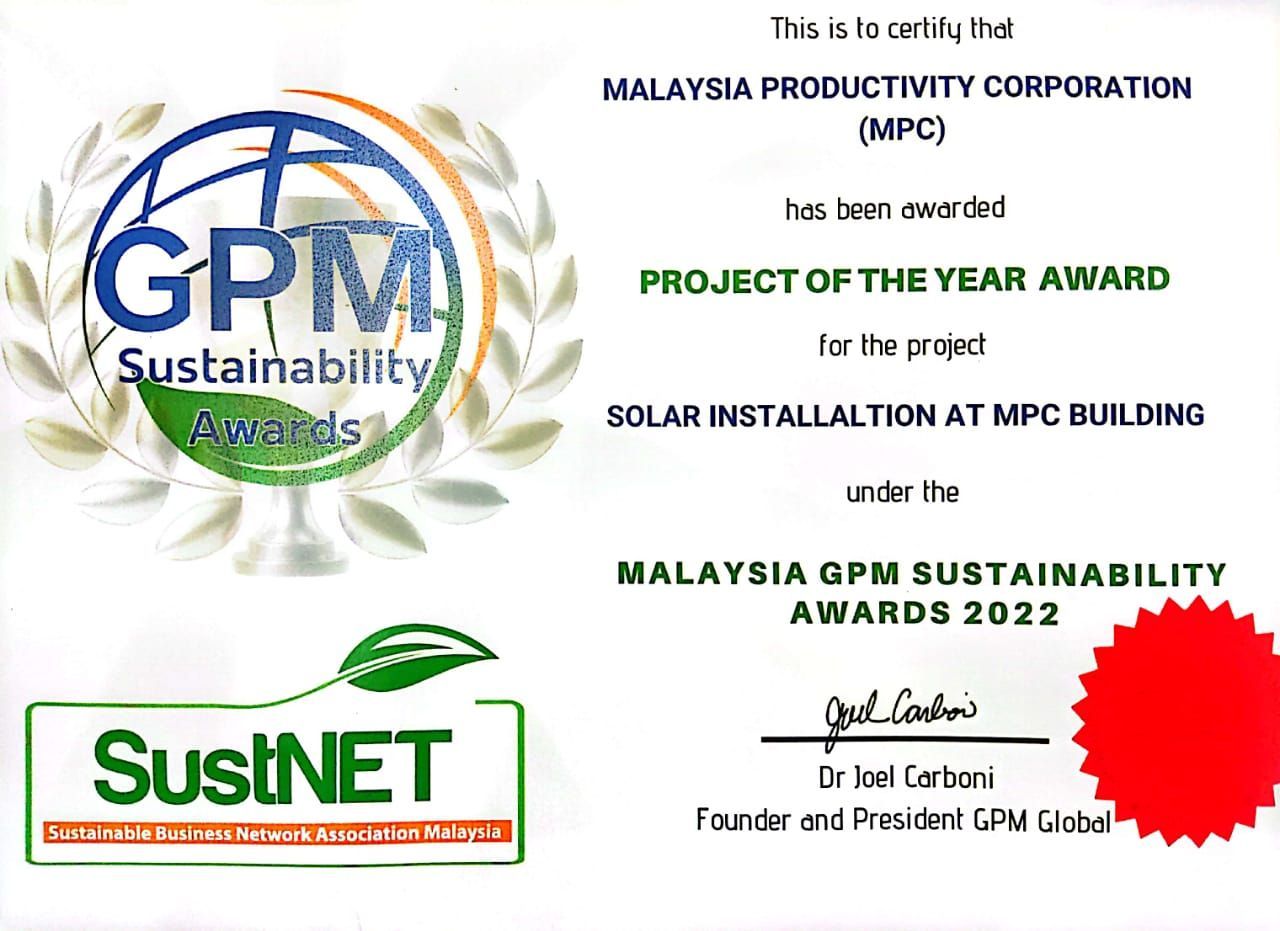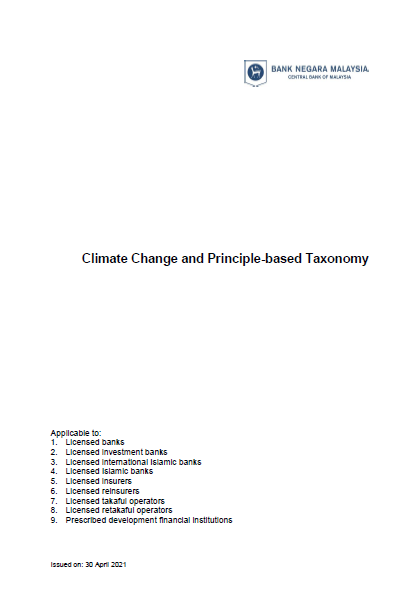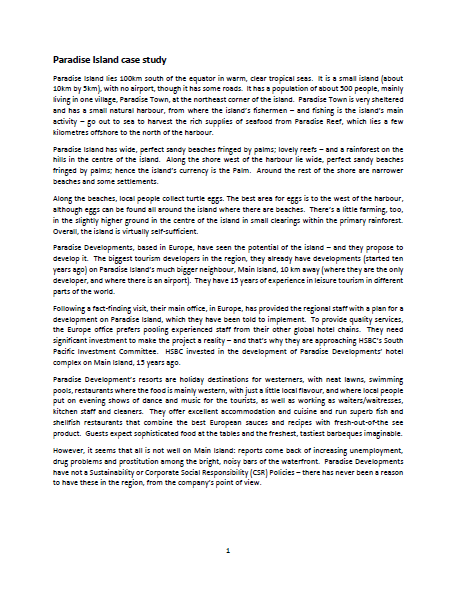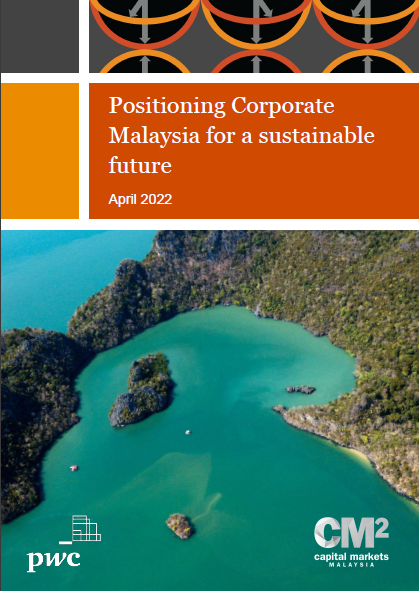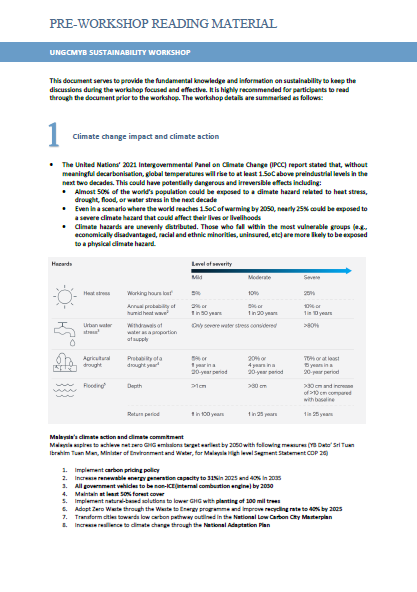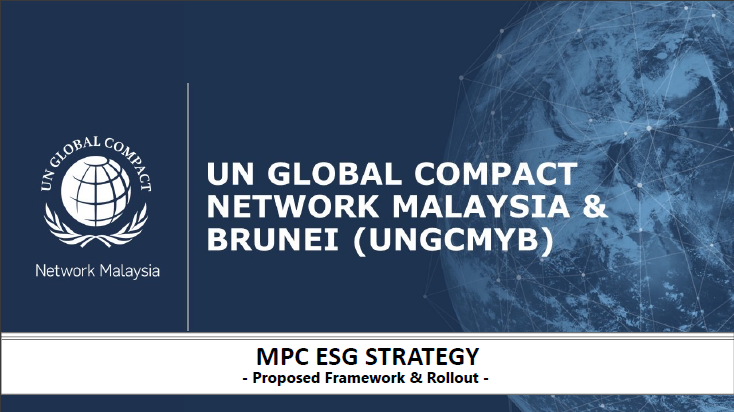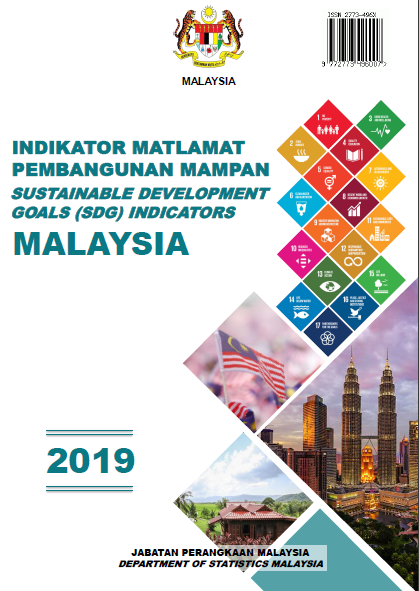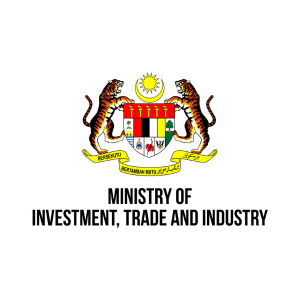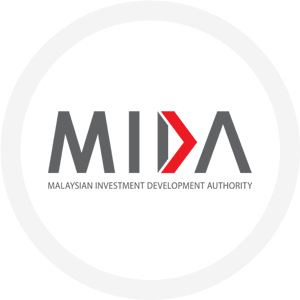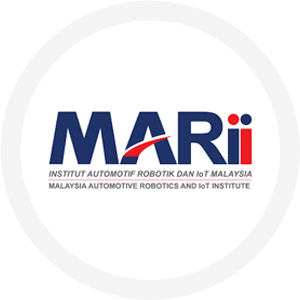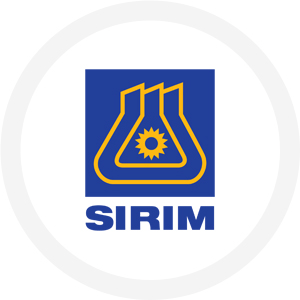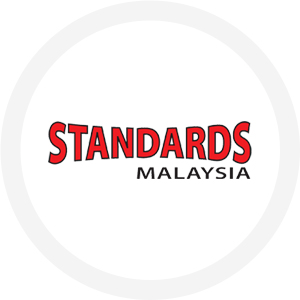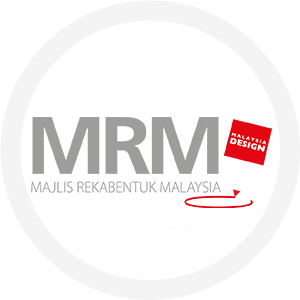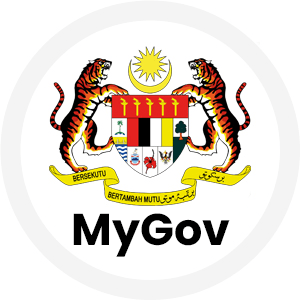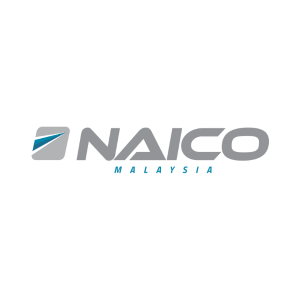MPC launched an Environmental, Social and Governance (ESG) Corporate Strategy on January 27, 2023 to help MPC effectively implement ESG. This initiative is not limited to MPC, but also extends to the industries in the 11 Productivity Nexus to ensure that all 17 Sustainable Development Goals (SDGs) proposed by the government are achieved.
THE DEFINITION OF ESG MPC
E- Focus on environmental protection by reducing pollution, waste, and carbon footprint. Carbon footprint reduction can be accelerated using digital technologies in process management and information gathering.
S - Focus on the social to ensure respect for human rights and labour rights and help citizens earn better wages and escape poverty. In addition to providing jobs, the sharing of wealth between employers and employees through the final products is also crucial.
G-Focusing to Governance to strengthen the law in the public and private sectors from any misconduct. This initiative will prevent the reference to bribery in transactions. Drafting laws and regulations (including amendments) through Behavioural Insights is one of the ways governances can reduce the cost of non-compliance.
Approach of the MPC ESG Initiative
The MPC's ESG initiative is based on the government's planned objectives under the Twelfth Malaysia Plan and is tailored to Malaysia's Productive Action Plan.
Each initiative introduced by the MPC is focused on the following:
• Future Talent Development;
• Technology Adoption;
• Favourable business regulation;
• Productive incentives through the industry structure; and
• Productive Mind of Malaysians.
These initiatives for the 11 Productivity Nexus will thus measure all ESG elements.
11 Productivity Nexus:
i. Agro-food;
ii. Digital;
iii. Electrical and Electronics;
iv. Machinery and Equipment;
v. Chemical and Chemical Product;
vi. Logistic;
vii. Tourism;
viii. Construction and Built Environment;
ix. Private Healthcare;
x. Professional Service; and
xi. Retail and F&B.
